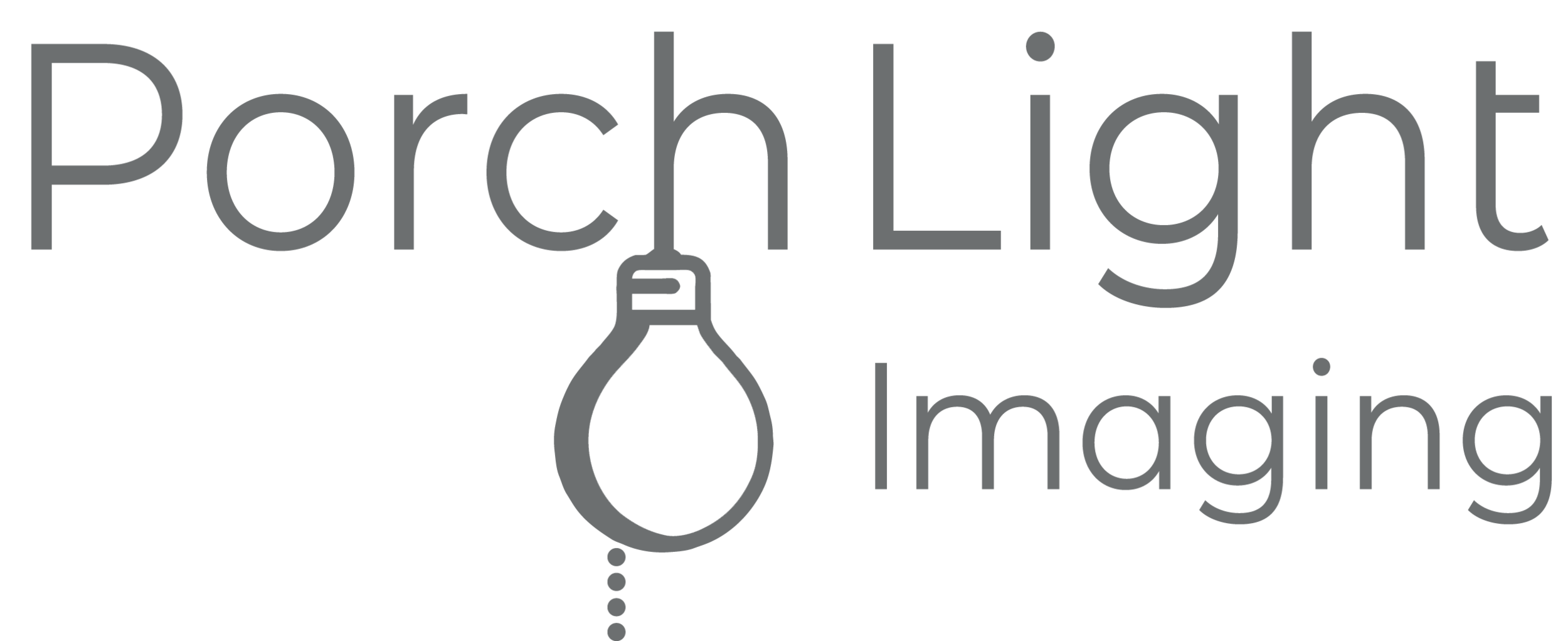Copyright and Image Licensing Explained
Copyright and licensing of commercial photography is a subject that is poorly understood by many and I am often asked to explain these concepts to my clients. Educating them (and everyone else!) on this topic is important to me both in order to clarify these terms for our professional relationship and to further the best practices of my industry as a whole.
We experience the ubiquity of images at our fingertips along with the seemingly disposable nature of the smartphone photos we capture on the daily as evidence that photographs have little value. But that is far from accurate. Images have immense commercial value; indeed the marketing and promotion of nearly every successful business relies on them! Photographers are business owners who earn their income by licensing their images.
The truth is, if you’ve ever paid to download a song or movie from iTunes or used commercially available software (I think that covers everyone!) you’re already familiar with the licensing model. When we “buy” a movie on iTunes we don’t truly own the rights to the movie; we can’t sell it, give it to others, or otherwise make money from it. What we have purchased is a license to enjoy that movie (song, software, etc) for our own personal use. Photography works the same way. What you’re buying when you pay your photographer is a license to use the images in a specific & limited way for a set amount of time. Regardless of how much you paid them, the photographer remains the sole owner and copyright holder of their images*, making the photographer the only person who can legally grant rights to anyone else wanting to use their work.
I recently encountered this video by photographer, Matthew Anderson, who does a wonderful job of laying out the details and highlighting the frequent questions photographers are asked. Your comments and questions are always welcome and I’m happy to discuss this further anytime!
{* - unless very specific legal documents stating otherwise are drawn up and signed by both parties}

